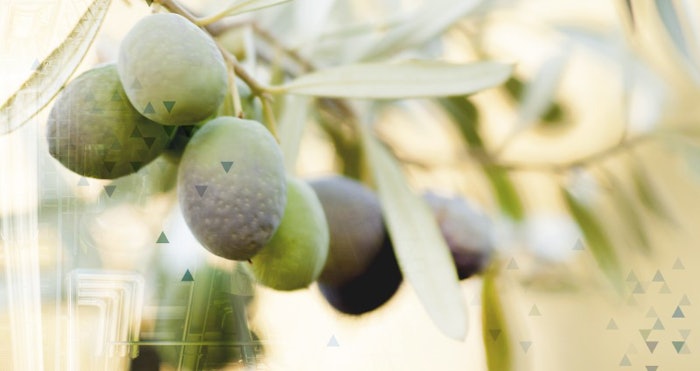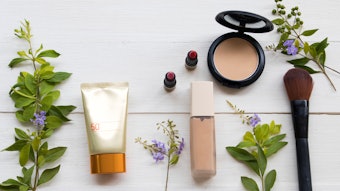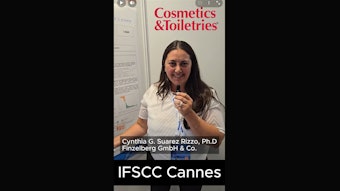
The COVID-19 pandemic is accelerating emerging cosmetic trends.
Consumer’s demand for efficient, comforting and sustainable formulas is rising. The industry is willing to meet new cosmetic uses and rituals. One ingredient answers this need for balance between efficiency, comfort, sustainability and clean beauty: olive squalane.
1. Moisturizing is Still the Deal
Moisturizing is a key benefit for skin care consumers. During the pandemic, ingredients such as emollients were relatively successful as they address skin issues to their roots by deeply hydrating the epidermis. Among them, squalane is particularly effective.
Squalane (C30H62) is derived from squalene. Squalene (C30H50) is produced by the human body and is present in the stratum corneum of the epidermis. Thanks to its lipid form, it is likely to penetrate quickly into the skin and has a restorative action on the lipid barrier of our epidermis. It is a great emollient with high moisturizing properties. However, squalene is subject to oxidation. Present in the unsaponifiable fraction of olive oil, squalene can be hydrogenated into squalane, an active emollient more stable thanks to its saturated carbon chain. Phytosqualan, Sophim’s 100% olive squalane emollient, was tested in a formulation (5%) on 10 female volunteers, age ranging from 35-65 and was found to increase skin elasticity by 3.6%, skin firmness by 4.5% and skin moisturizing by 11.6% after 28 days of application.
2. Well-being: The Cosmetic Industry Has a Role to Play
As seen during the pandemic, cocooning beauty sessions and at-home spas rituals were on the rise. But consumers went further: from meditation to home-made cosmetics, the main word was well-being. In an anxiety-provoking context, many found in practicing yoga or meditating their inner peace. The cosmetic industry also has a role to play. By providing comforting formulas, positive messages, sensory rituals— cosmetic brands can be a support to consumers.
Olive squalane is a key ingredient in responding to these new requests. Thanks to its biomimetic properties, it offers a quick penetration and brings exceptional sensory properties that are of interest for a comforting formula: it indeed perfectly balances rich, efficient hydration with a light, non-greasy touch.
3. Sustainability: Nature Forward
 Consumers are in demand for naturality. This trend is not new, however, it is highly accelerating following the different lockdowns and the reduction of human activity in the world.
Consumers are in demand for naturality. This trend is not new, however, it is highly accelerating following the different lockdowns and the reduction of human activity in the world.Naturality is not only about natural ingredients, it has also become a real concern about sustainable sourcing, green processes, the biodegradability of cosmetic ingredients, etc. To help provide greener formulas, Sophim chose a circular economy approach to produce Phytosqualan:
- Raw material: Squalene is extracted from by-products of the olive oil industry.
- Process: Follows green chemistry principles.
- End of life: Phytosqualan is biodegradable.
Now is the time to build the future of cosmetics. Olive Squalane is the ingredient that allows formulators, with Sophim’s support, to guarantee clean and green sourcing to consumers, while offering efficient moisturizing and comfort through their formula.
Disclaimer:
The above paid-for content was produced by and posted on behalf of the Sponsor. Content provided is generated solely by the Sponsor or its affiliates, and it is the Sponsor’s responsibility for the accuracy, completeness and validity of all information included. Cosmetics & Toiletries takes steps to ensure that you will not confuse sponsored content with content produced by Cosmetics & Toiletries and governed by its editorial policy.










